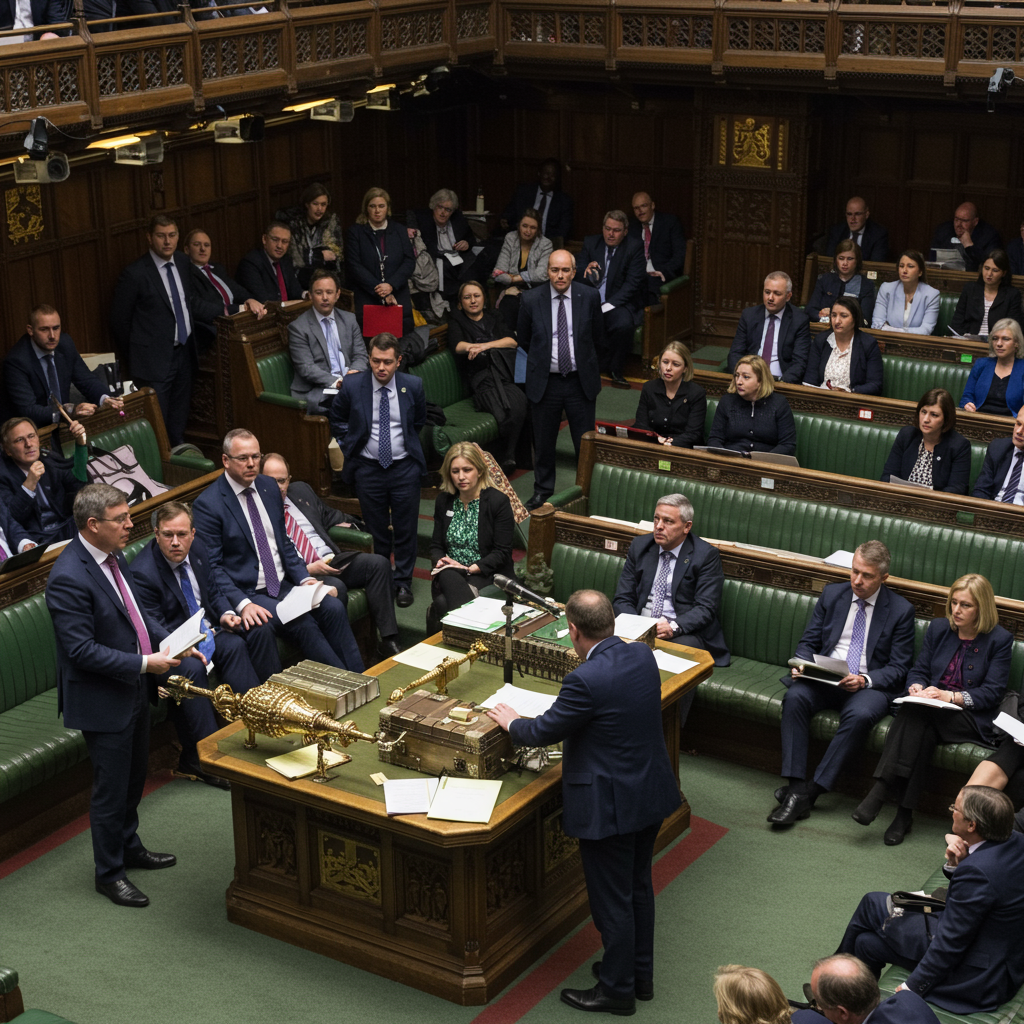UK Takes Step Closer to Legal Assisted Dying as Lawmakers Back Bill
In a landmark decision on Friday, June 20, 2025, UK lawmakers in the House of Commons approved a bill that would allow terminally ill adults in England and Wales to legally choose to end their lives. The vote brings the proposed Terminally Ill Adults (End of Life) Bill significantly closer to potentially becoming law, marking what many see as one of the most impactful social policy shifts since abortion was partially legalized in 1967.
The bill, championed by Labour lawmaker Kim Leadbeater, passed its latest parliamentary stage with 314 votes in favour and 291 against, resulting in a majority of 23. This margin was smaller than a previous vote on the issue in November, indicating some shifts in parliamentary opinion during the intervening months of scrutiny.
What the Bill Proposes
Under the current provisions of the bill, terminally ill adults aged 18 or over in England and Wales would be eligible to apply for assisted dying if they have been diagnosed with less than six months to live. A critical requirement is that the individual must be capable of self-administering the fatal medication themselves.
The legislation does not currently extend to Northern Ireland or Scotland, though Scotland is considering similar measures.
Revised Safeguards and Approval Process
Significant amendments have been incorporated into the bill since its earlier reading. Notably, a controversial requirement for a judge to sign off on assisted dying requests has been removed, partly in response to objections from the legal profession.
The revised approval process now requires requests to be signed off by two doctors and a specialist panel. This panel is designed to include a social worker, a senior legal figure, and a psychiatrist, adding layers of professional scrutiny.
Further safeguards have been introduced to protect vulnerable individuals. These include provisions for establishing independent advocates to support people with learning disabilities, autism, or mental health conditions throughout the process. The bill also mandates the creation of a disability advisory board to ensure the needs of disabled people are considered in implementation. Crucially, the bill explicitly states that no person – including doctors, social care workers, and pharmacists – will be obliged to participate in assisted dying against their conscience.
A Deeply Divided Debate
The issue of assisted dying is intensely divisive, both within Parliament and across the UK public. The vote was a “free vote,” allowing Members of Parliament to vote according to their personal conscience rather than party lines, leading to alliances forming across the political spectrum.
Proponents argue that terminally ill individuals enduring unbearable suffering in the final stages of life should have the fundamental right to choose the timing and manner of their death, ensuring dignity at the end. They highlight the current inequality, where wealthy Britons can travel abroad to countries like Switzerland (where over 500 have reportedly gone) to legally end their lives, while others are denied this choice in the UK and face potential prosecution for helping loved ones. Supporters contend that legalisation could prevent terminally ill individuals from resorting to distressing secret suicides.
Opponents, however, voice profound concerns about the risks to vulnerable members of society, particularly older and disabled people. They fear potential direct or indirect coercion, where individuals might feel pressured to end their lives, perhaps to avoid being a burden on family or healthcare resources. Critics strongly advocate for increased investment and focus on improving palliative care services and hospices as a more humane alternative for managing end-of-life suffering. Opponents also raise fears about the potential impact on the state-run National Health Service (NHS), with some suggesting it could fundamentally change its role.
The Path Ahead
The bill has successfully cleared the House of Commons, but its journey is far from over. It now proceeds to the unelected House of Lords, the upper chamber of Parliament. While the Lords can debate, scrutinize, and propose amendments, they cannot ultimately overrule the will of the elected House of Commons. However, as this is a backbench bill and not government legislation, the House of Lords may have more scope for extensive debate and potential amendments.
If the bill successfully navigates the Lords and receives Royal Assent, its implementation is estimated to take approximately four years, potentially coming into effect around 2029, near the time of the next general election. Opposition campaigners have indicated they will continue their fight, and the possibility of legal challenges remains.
Questions also remain regarding the practical implications and potential costs for the NHS, hospice care, and the legal system. The government itself lacks a unified stance on the issue; while Prime Minister Keir Starmer backed the bill, his health secretary, Wes Streeting, voted against it, though has stated he would respect the final outcome.
Assisted dying is legal in several other countries, including Australia, Belgium, Canada, and parts of the United States, with varying regulations. It’s important to distinguish assisted suicide, where the patient self-administers the lethal substance, from euthanasia, where a healthcare practitioner administers it (legal in countries like the Netherlands and Canada under specific circumstances).
The Commons vote marks a significant step in a long-running and deeply personal debate for the UK, highlighting the complex balance between individual autonomy, compassion, and the protection of vulnerable lives at the end of life.



